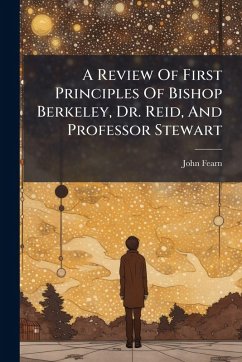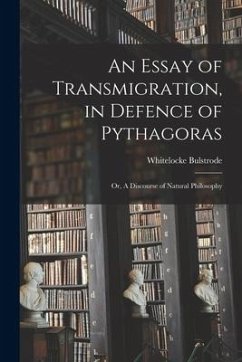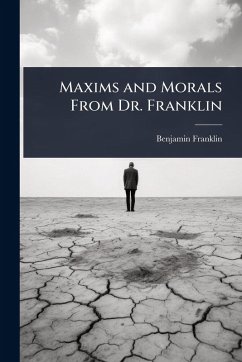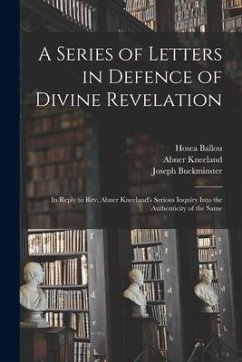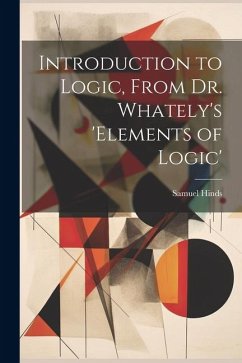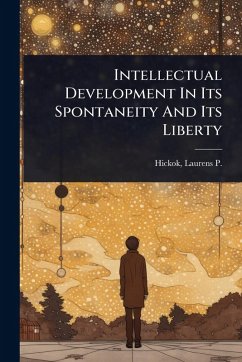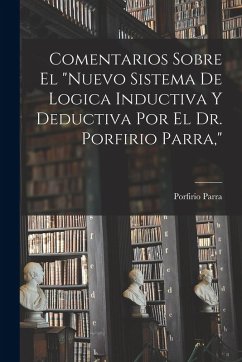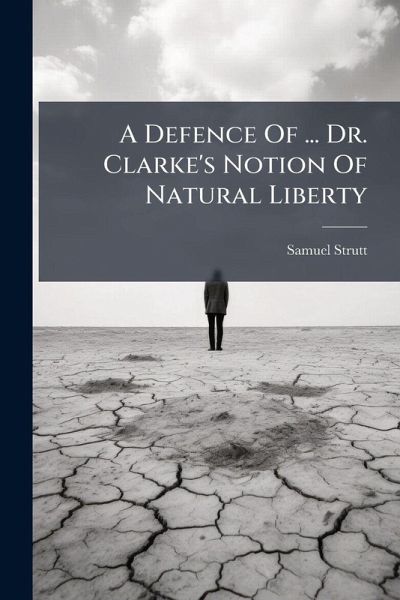
A Defence Of ... Dr. Clarke's Notion Of Natural Liberty

PAYBACK Punkte
8 °P sammeln!
In "A Defence Of ... Dr. Clarke's Notion Of Natural Liberty," Samuel Strutt presents a rigorous defense of Samuel Clarke's philosophical concept of natural liberty against arguments advocating philosophical necessity. This work directly responds to three letters penned by a Cambridge scholar, engaging deeply with the core tenets of free will and determinism that permeated Enlightenment thought. Strutt's analysis not only champions Clarke's perspective but also provides insightful remarks on John Locke's chapter on power, revealing the nuances and complexities of liberty within the framework of...
In "A Defence Of ... Dr. Clarke's Notion Of Natural Liberty," Samuel Strutt presents a rigorous defense of Samuel Clarke's philosophical concept of natural liberty against arguments advocating philosophical necessity. This work directly responds to three letters penned by a Cambridge scholar, engaging deeply with the core tenets of free will and determinism that permeated Enlightenment thought. Strutt's analysis not only champions Clarke's perspective but also provides insightful remarks on John Locke's chapter on power, revealing the nuances and complexities of liberty within the framework of 18th-century philosophical discourse. This book offers readers a valuable window into the intellectual debates that shaped modern philosophy, providing historical context and detailed arguments relevant to contemporary discussions on moral agency and the nature of human choice. Its enduring appeal lies in its meticulous examination of foundational principles, making it essential reading for scholars and students interested in the history of philosophy, ethics, and metaphysics. This work has been selected by scholars as being culturally important, and is part of the knowledge base of civilization as we know it. This work was reproduced from the original artifact, and remains as true to the original work as possible. Therefore, you will see the original copyright references, library stamps (as most of these works have been housed in our most important libraries around the world), and other notations in the work. This work is in the public domain in the United States of America, and possibly other nations. Within the United States, you may freely copy and distribute this work, as no entity (individual or corporate) has a copyright on the body of the work. As a reproduction of a historical artifact, this work may contain missing or blurred pages, poor pictures, errant marks, etc. Scholars believe, and we concur, that this work is important enough to be preserved, reproduced, and made generally available to the public. We appreciate your support of the preservation process, and thank you for being an important part of keeping this knowledge alive and relevant.





